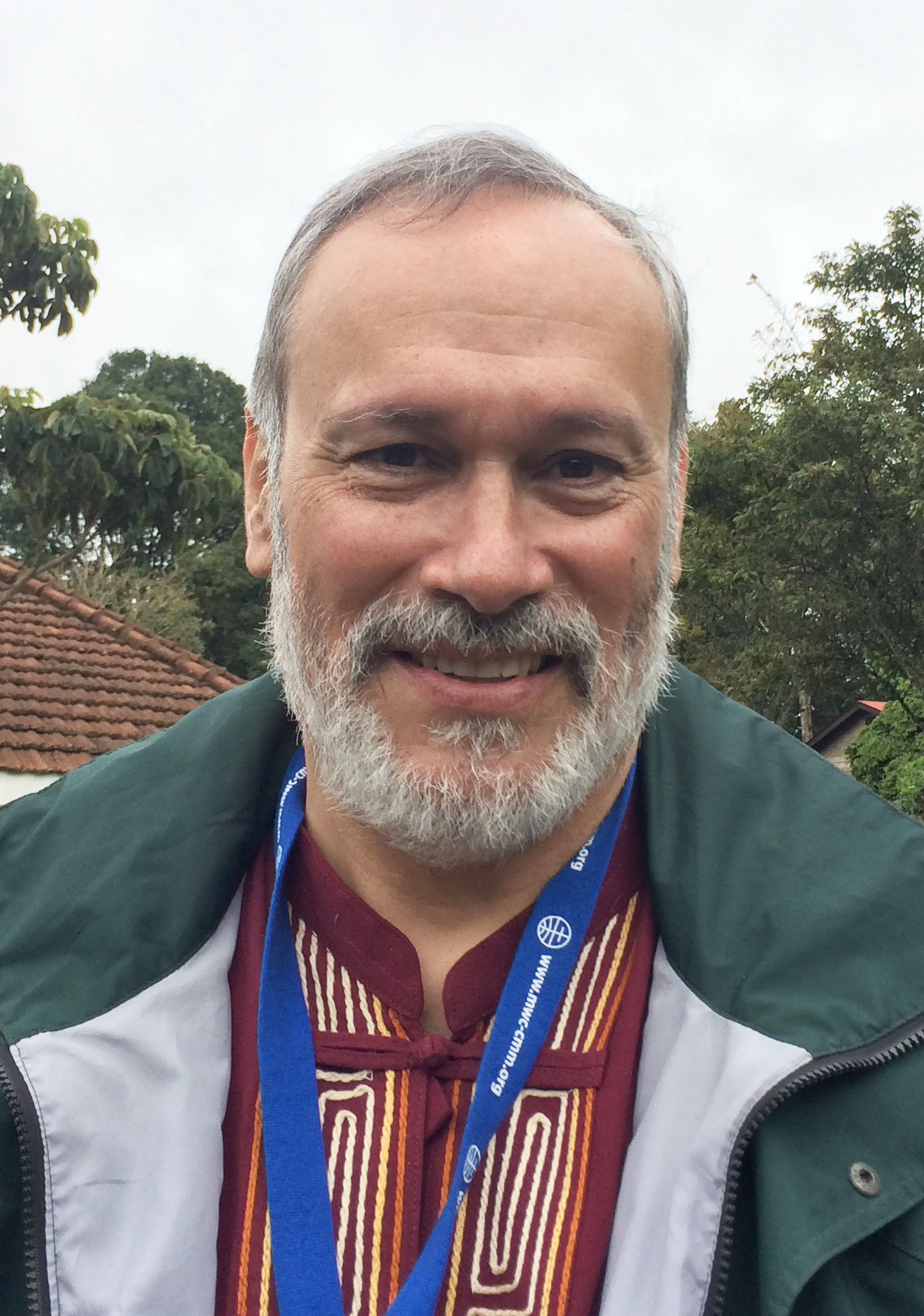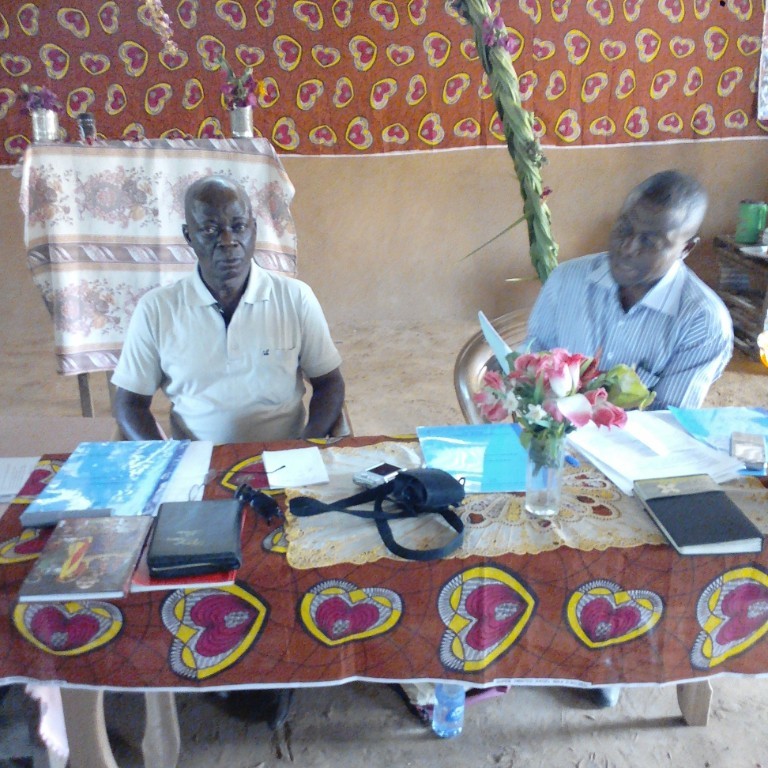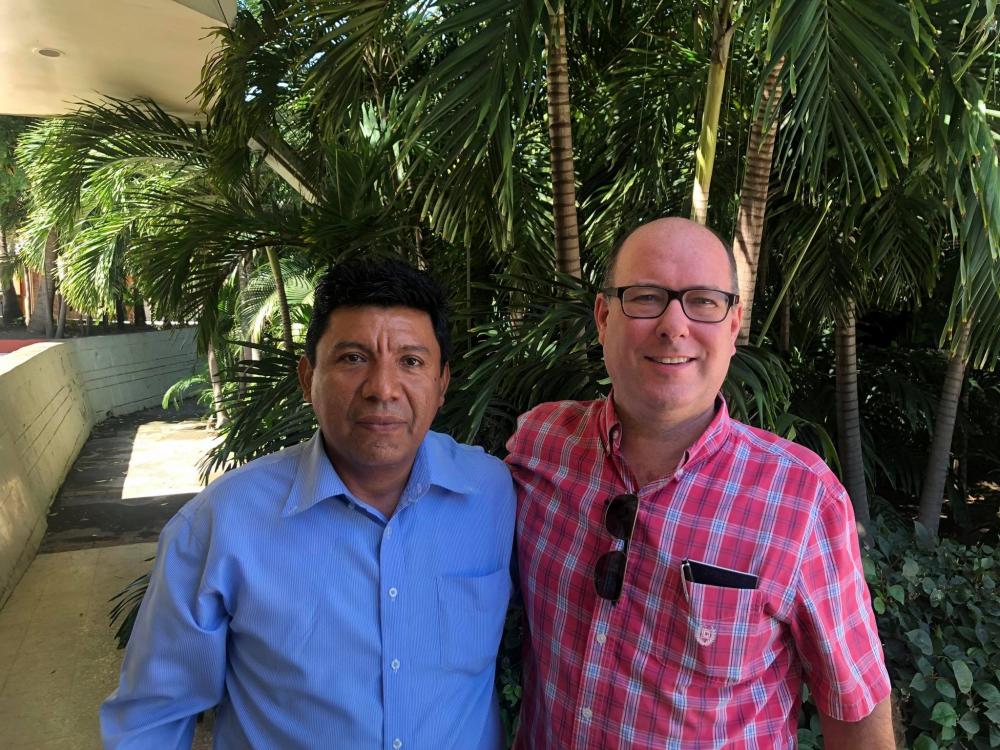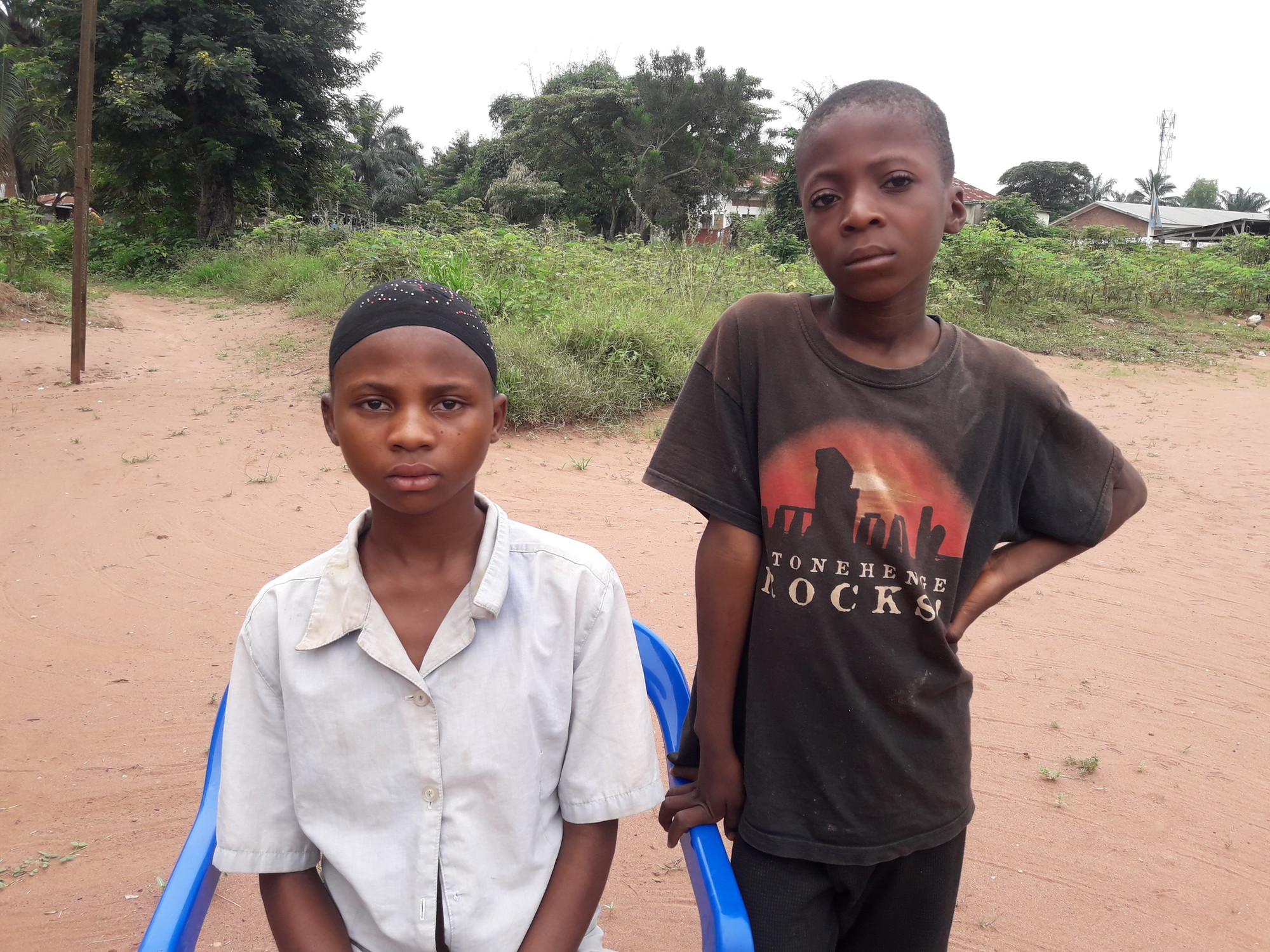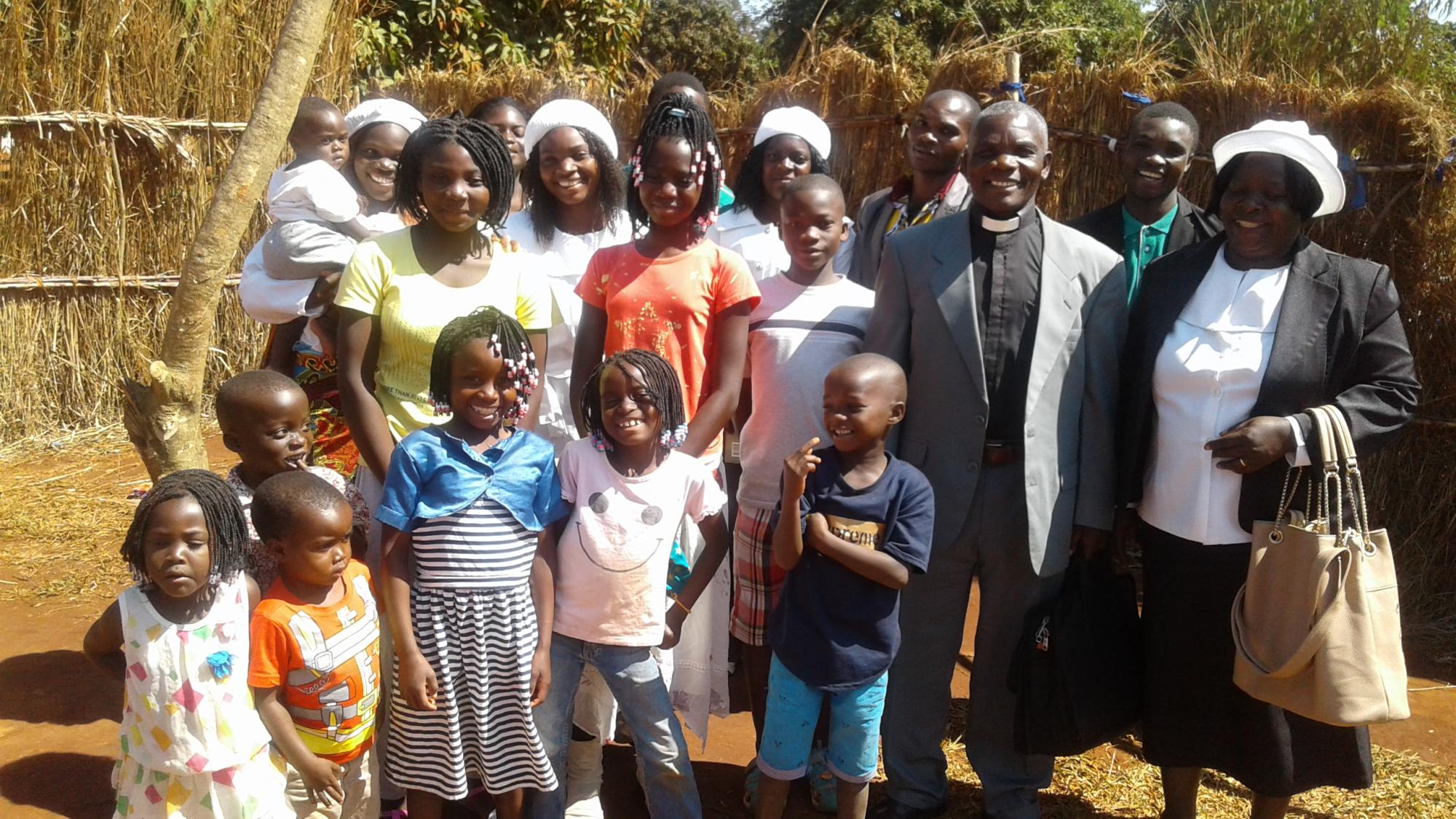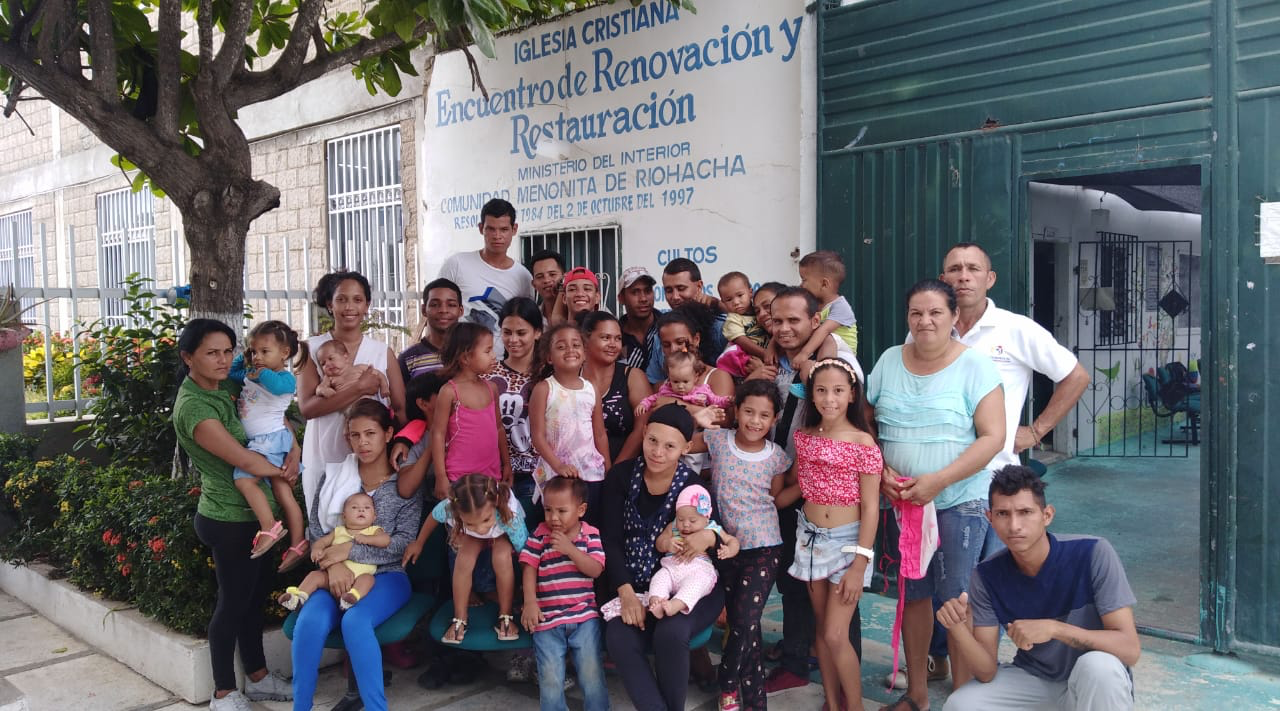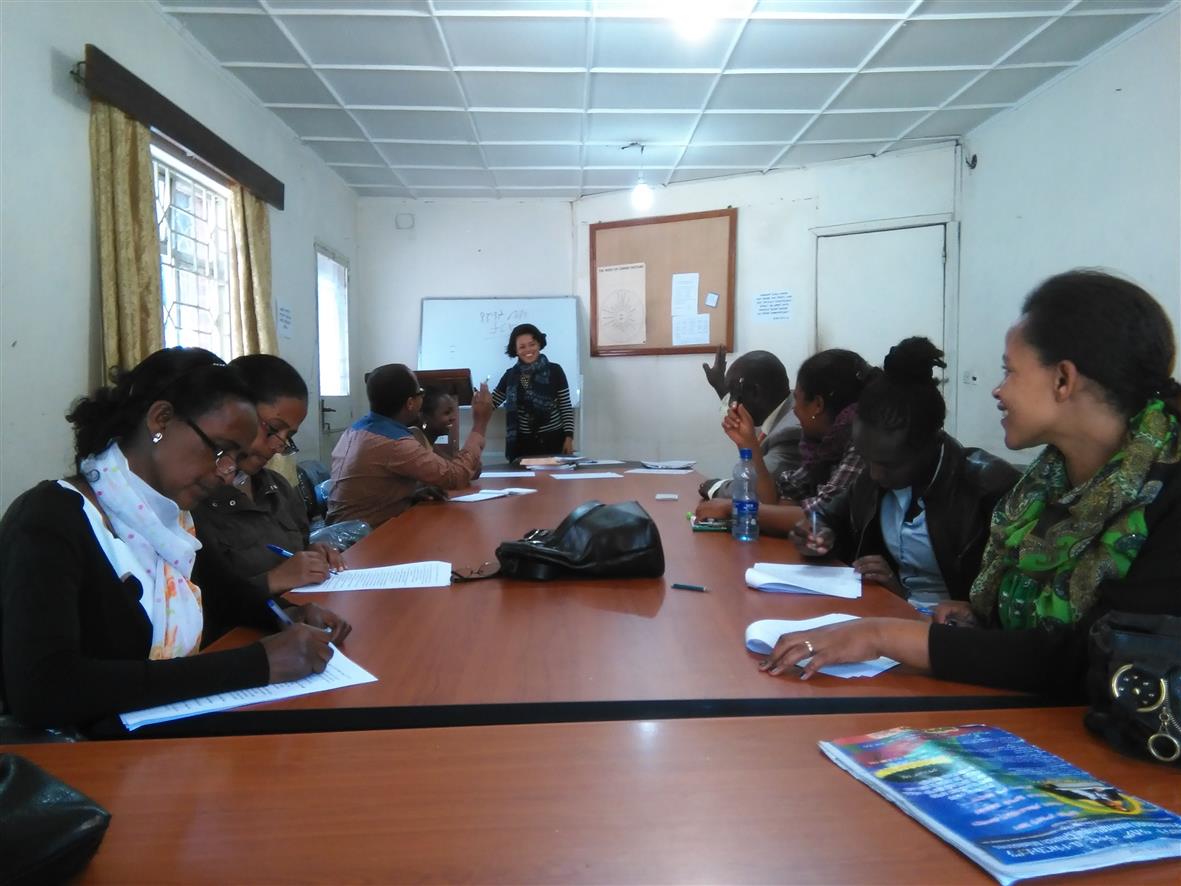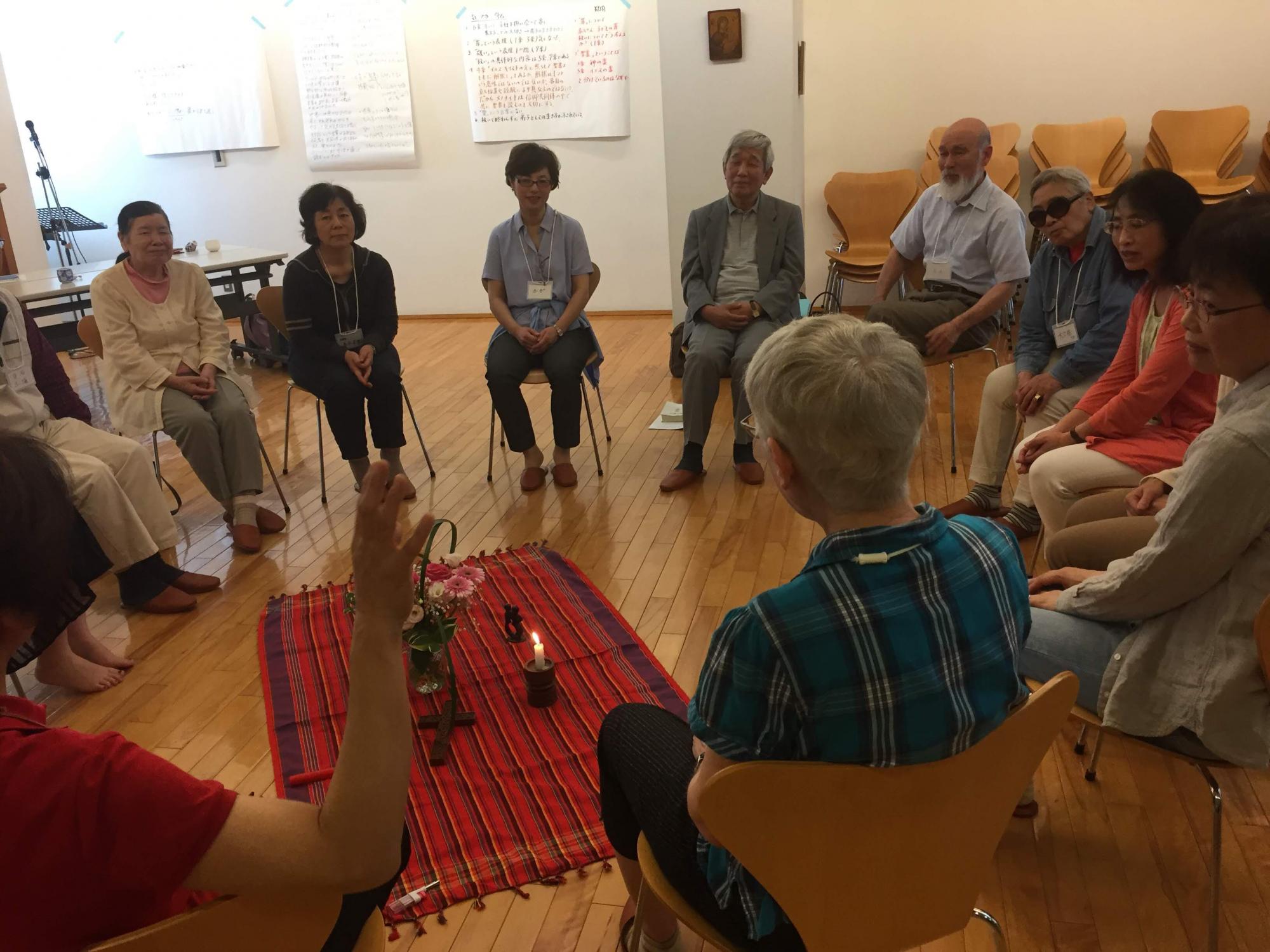-
Peace, history, mission and care: new developments in MWC
Mennonite World Conference weaves a web of connections within the Anabaptist Mennonite family around the world through website, emails, social media, publishing and relations with other organizations. Here are some new connecting points. The Mission Commission appointed José Arrais of Portugal to a newly created part-time role as coordinator of networks. He is the contact…
-
Dal se Dil tak: to the heart through soup
As an Indian living in Canada on MCC’s International Volunteer Exchange Program, I have made dal (lentil soup) a number of times. When I made it for the first time, I was little nervous, but it was requested again for different groups of people and every time quantity increased. First, I cooked dal for my…
-
A day peace and justice kissed
A local church in Colombia lives out peace Why won’t a country forgive? Why are there people who seem to prefer war? These are questions that disturb the soul and invite us to look for answers, not in the cold streets of the city, but the forgotten countryside, in the small towns of Colombia directly…
-
A people transformed by the Spirit in migration and service
A brand-new Courier brings Kenya to you while World Fellowship Sunday tells migration stories from Latin America and Indonesia comes to the Bogota office. New ways Mennonite World Conference is connecting churches worldwide: A hopeless church planter, powerful women on mission and a conscientious objector in Colombia: Courier October 2018 has stories of the Holy…
-
Ministry partner update: ICOMB – October 2018
The International Community of Mennonite Brethren (ICOMB) is made up of 21 national churches in 19 countries with approximately 450,000 members. ICOMB exists to facilitate relationships and ministries to enhance the witness and discipleship of its member national churches – connecting, strengthening and expanding. “All our members thank the community of ICOMB who joins us…
-
Ministry partner update: IBICA – October 2018
The International Brethren in Christ Association (IBICA) is the common network for all national conferences of the Brethren in Christ church with the aim to facilitate communication, build trust and cooperation within our global community, and to establish common and mutual understanding through our set of core values. An associate member of MWC, IBICA has…
-
“I need to go to school”: Mennonite relief in DRC
Ten-yea-old Kanku Ngalamulume fled from his home in the village of Senge after armed groups beheaded his mother and father and his siblings too. He was among 1.4 million people in the Kasai region of the Democratic Republic of the Congo who have been forced from their homes as violence among local militias and the…
-
A spirited evangelist
Renewal 2027 testimony: Anabaptists today Renewal 2027 is a 10-year series of events organized by Mennonite World Conference’s Faith and Life Commission to commemorate the 500th anniversary of the beginnings of the Anabaptist movement. This series highlights leaders in the movement from history to the present. He is quiet and unassuming, gentle and humble in…
-
World Fellowship Sunday: a communion of 500 years
Every year on the Sunday closest to 21 January, Mennonite World Conference invites its 107 member churches to join in a celebration of World Fellowship Sunday. The worship themes vary from year to year, but the rationale for the timing of the event has remained constant – on 21 January 1525, a small group of…
-
YAMEN ambassador of peace amid violence
Damaris Guaza Sandoval says her year of service in La Ceiba, Honduras, was about equipping young people to be God’s ambassadors of peace where violence is common. The 26-year-old from Cali, Colombia, worked as a social worker with Proyecto Paz y Justicia (PPyJ; Peace and Justice Project), a ministry of MWC member church Iglesia Evangélica…
-
Education equips leader to serve
Renewal 2027 testimony: Anabaptists today Renewal 2027 is a 10-year series of events to commemorate the 500th anniversary of the beginnings of the Anabaptist movement. This series highlights leaders in the movement from history to the present. “With the grace of God, I escaped many deaths throughout my journey in Christ,” says Tigist Alamirew. Born…
-
Learning global Anabaptist faith through MWC’s Shared Convictions
A quiz on global Christianity and Anabaptism (including MWC statistics) prepared participants from Nihon Menonaito Kirisuto Kyokai Kyogikai (Japan Mennonite Christian Church Conference) for a discussion of the Shared Convictions of Global Anabaptists. For the annual Peace Missions Centre seminar 15–16 July 2018 at Fukuzumi Mennonite Center in Sapporo, Japan, the group from Japan Mennonite…
